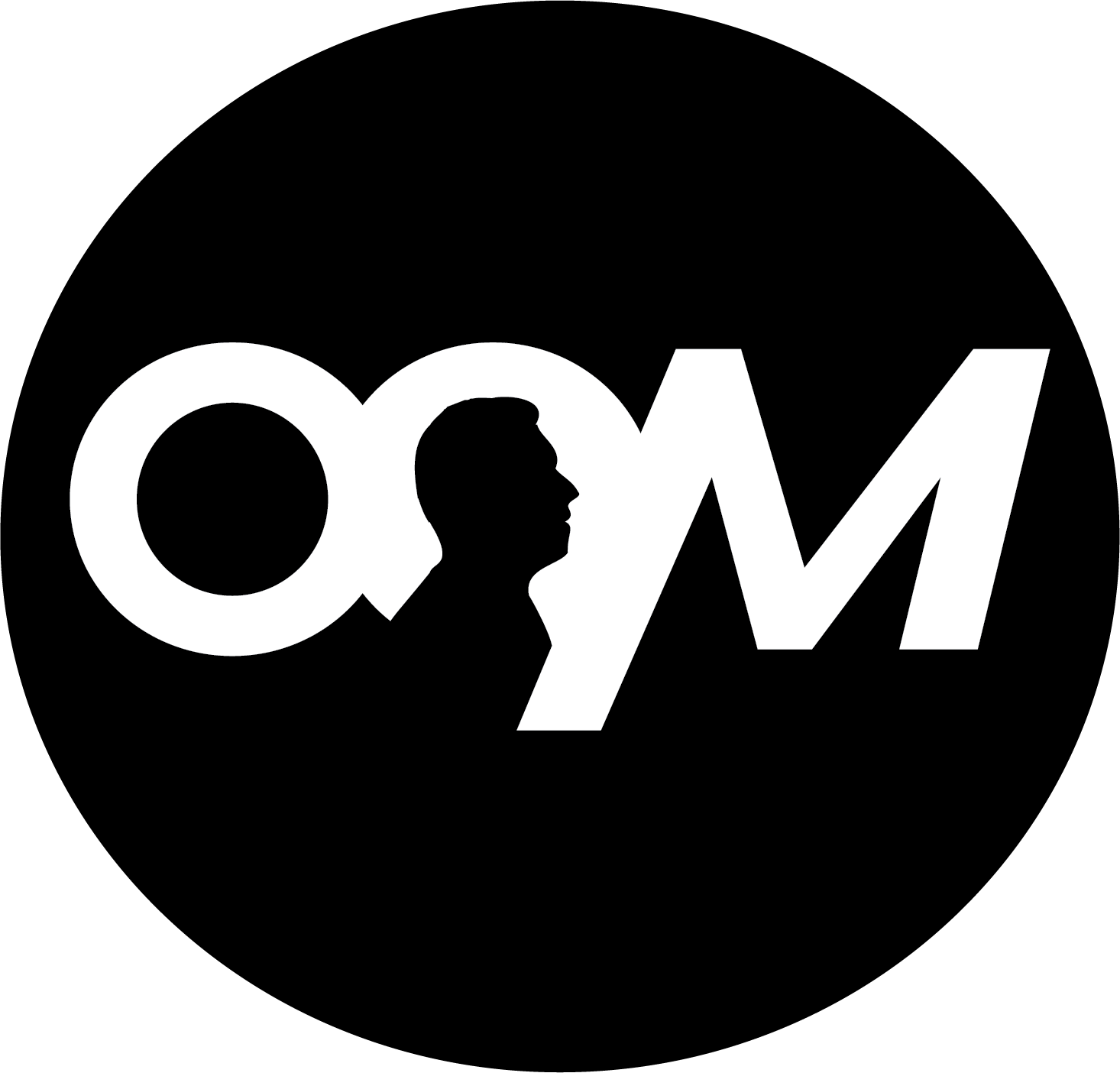E-commerce is practically non-optional for businesses looking to keep up with the times. Even restaurants that rely on dine-in are benefiting from digital payment and online merchandising. The online marketplace is brimming with competition, innovation, and opportunities to get lost in while getting started. It’s essential to learn how to run an efficient e-commerce business before you dive into the digital marketplace.
Spend With Purpose
If you have experience running a brick-and-mortar business, it’s important to translate those same lessons into the world of e-commerce. Many tools and software are available for digital businesses, some of which we’ll discuss here. However, before investing in anything, you need to look over your entire budget, know the size of your current audience, and decide where your priorities lie.
Even if your business is digital, you must go through an important checklist, just like you would with a physical business. Ask yourself if you’re seeing results, if you’re using it frequently enough, and if it’s making you more efficient. Never spend on a tool that collects digital dust.
Find Your Audience
The digital landscape is virtually endless. Your competitors in e-commerce aren’t limited to your zip code anymore, so getting out in front of customers doesn’t exactly mean just having the best signage. While you do want a trustworthy, reliable, and gorgeous website for your audience to arrive at, most of your focus should be on discovering where your customers are online and what they’re looking for.
By reorientating your business to spend more time finding your audience and collecting data on their online habits, you can more efficiently market your product both directly to those customers and to people like them. Paid advertising and influencers can both be great tools for getting an e-commerce business off the ground.
Implement the Right Software
An online store can be built from the ground up if you have experience with programming—however, this isn’t always the most efficient way to run your e-commerce business. Relying on the tools out there not only takes some work off your plate, but your business can benefit from the constant strive for innovation happening in digital marketing and B2B software development companies.
Choosing to implement specific software while avoiding technical debt can also provide a more familiar checkout experience for customers. If they recognize the payment processor of your site, for example, your audience is more likely to feel confident in your own brand and to complete their purchase.
Learning how to run an efficient e-commerce business is often a process of trial and error. The industry and audience both deeply affect sales methods, and some businesses will struggle to keep up with the ever-evolving pace of e-commerce. One of the best ways to keep from lagging behind is to keep an eye on your competition and your idols. Then, incorporate the patterns you notice and love into the choices you make.


